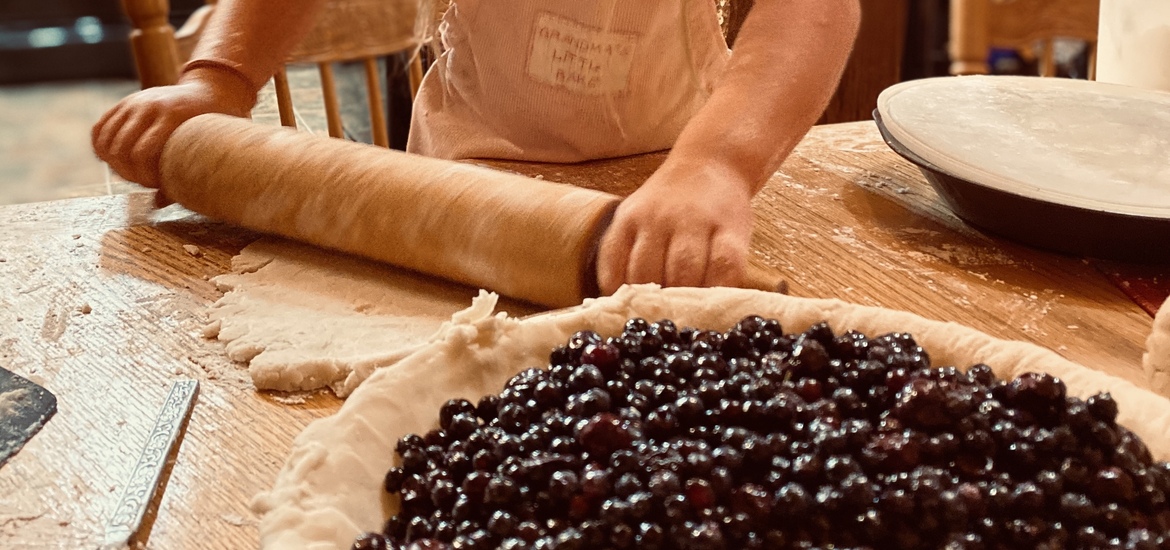Last year, we made the hard decision to cancel our 2022 Awards program. But as you may have heard, the Awards will be back this year, with a ceremony at Government House on November 8, 2023.
While Heritage Saskatchewan isn’t the only heritage organisation in Canada that has found it necessary to rethink how best to celebrate work in the heritage field in the past few years, we believe celebrating good work is important to the heritage field as a whole. With that line of thinking, we have come up with some ways of refreshing our Awards program.
This blog post is to introduce one of the changes we have made and how you’ll be affected. (Spoiler alert - you shouldn’t notice too much!)
After cancelling the Awards last year, we did some research and commissioned an internal report to ensure we can continue to deliver an Awards program that showcases places and projects all around the province in a way that works for everyone involved.
Most of the changes we are making are behind the scenes, but one noticeable change is to our award categories. Previously, we had four categories: Community Development, Public Outreach, Physical Heritage Conservation, and Intangible Cultural Heritage (ICH). Going forward, there will be two overall categories (Physical Heritage Conservation and Intangible Cultural Heritage), with the Intangible Cultural Heritage category further subdivided into four subcategories that align with the four goals for safeguarding ICH: Documentation, Recognition & Celebration, Transmission, and Community Development. These subcategories are very similar to what we had before, but are more clearly defined and based in our background in living heritage. A short preview of these four subcategories, as well as some examples of previous winners who would fit into these new subcategories, is included at the end of this blog post.
“What about the Physical Heritage Conservation category?” you may ask. Don’t worry, there will still be an award category for tangible heritage conservation! It is important to celebrate the work being done to safeguard our valued places in Saskatchewan. We will have more information about that in another update.
For a quick overview of ICH in Saskatchewan, refer to the following 2020 blog post by Kristin Catherwood, Heritage Saskatchewan Director for Living Heritage: https://heritagesask.ca/about-us/news/blog/a-wealth-of-intangible-cultural-heritage.
If you want to keep up-to-date with everything Awards-related, we recommend signing up for our twice-monthly newsletter, or following us on social media!
Intangible Cultural Heritage Subcategories (in brief):
(Note that some exceptional projects could encompass all four of these goals – which is an ideal communities and organisations can strive for, since the goals work in tandem to create a robust and resilient safeguarding program or project.)
Documentation
- A project that utilises audio, visual, written, and/or photographic documentation or collection that is accessible to the public either as an original work of documentation or a new collection of previously documented work.
- Example from previous Award winners: Adrian Patton’s book A Kind and Genial People (2021)
Celebration & Recognition
- A new project/program or an existing event that clearly recognises and/or celebrates an element or elements of intangible cultural heritage. This can be a day event, it could also include museum and/or gallery exhibitions that focus on ICH topics.
- Examples: festivals, heritage events that focus on or have a strong element of intangible cultural heritage knowledge/know-how; “King Trapper” events; threshing bees; agricultural fairs
- Example from previous Award winners: Journées du patrimoine/Heritage Days by the Société historique de la Saskatchewan (2018)
Transmission
- A project or program that facilitates the transmission of intangible cultural heritage knowledge and skills from one person to another or to a group. This can be organised by an organisation or committee or it could be an informal collaboration/relationship between individuals.
- Examples from previous Award winners: Outdoor education by Garrick Schmidt, Educator (2021); Learning from Our Elders Living Heritage Workshops (Cumberland House) (2019)
Community Development
- This can include economic development activities, often but not always related to cultural tourism and small business/entrepreneurship. It is the least changed from the last time we held the Awards program.
- Example from previous Award winners: Muskeg Lake Cree Nation Sakaw Pimatan Food Forest (2021)


